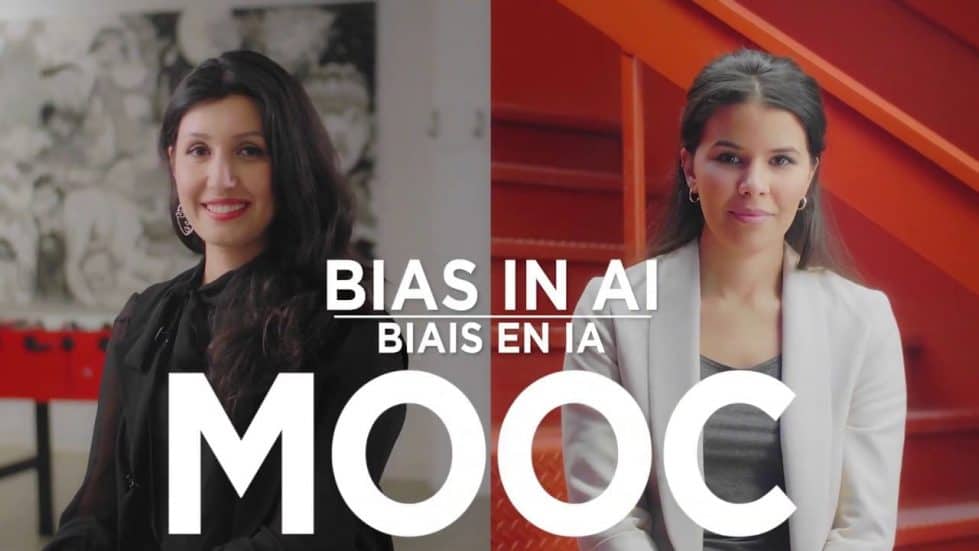What is EDI?
Equity
Equity involves treating all members of the academic community with fairness, impartiality and transparency, while recognizing the existence of advantages and barriers that place community members at different starting points. Equity is thus a process, which begins by recognizing these inequalities and ensuring that sustained efforts are invested to address the imbalances.
Diversity
Diversity consists of the conditions, expressions and experiences of different individuals and groups identified by age, education, gender orientation, parental status/responsibility, immigration status, Indigenous status, religion, disability, language, race, place of origin, ethnicity, culture, socioeconomic status and other attributes. Diversity is thus a complex and multidimensional concept encompassing aspects relating to individuals as well as society. Diversity is often linked to visible dimensions but also touches upon a number of invisible ones: thoughts, perspectives, and life experiences including, for example, one’s education, family circumstances, values, and aspirations.
Inclusion
Inclusion refers to an intentional process to commit to diversity so that each member of the academic community is given the opportunity to take part in, and actively contribute to, the university’s progress and receive the same recognition. To be real and sustained, inclusion must be reflected in university leadership as well as in governance, teaching, research, employment, and community activities. Inclusion also requires that organizations affirm the values and principles of equity, justice and respect and remain open to different opinions and perspectives.
“This section is currently being updated: IVADO’s EDI 2024-2030 action plan will be available shortly.”
EDI toolkit
- Reference framework
- Unconscious bias and recruiting: flyer and video (in French)
- Explore our videos on EDI on our YouTube channel
- MOOC on Bias and Discrimination in AI
EDI tools – LGBTQ+ Community
- Guide of Best Practices for LGBTQ+Inclusion in the Workplace Fondation Émergence;
- MOOC Understanding and respecting transdiversity (French only);
EDI tools – People living with disabilities
